Electrical engineering (EE) and computer science (CS) are two of the most critical fields driving innovation in the power and electricity industry. These disciplines work hand-in-hand to enhance efficiency, develop smart grids, optimize power systems, and implement automation. This article explores how electrical engineering and computer science contribute to the electricity sector, their interrelation, and why they are essential for the future of energy.
The Role of Electrical Engineering in the Power Industry
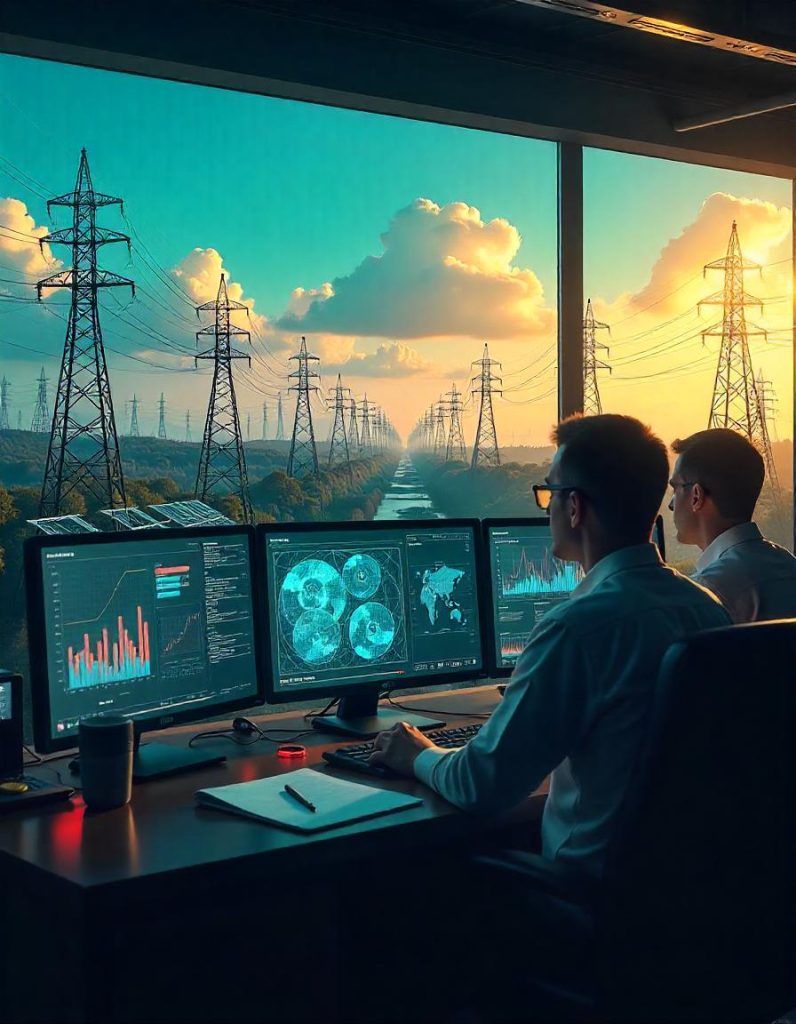
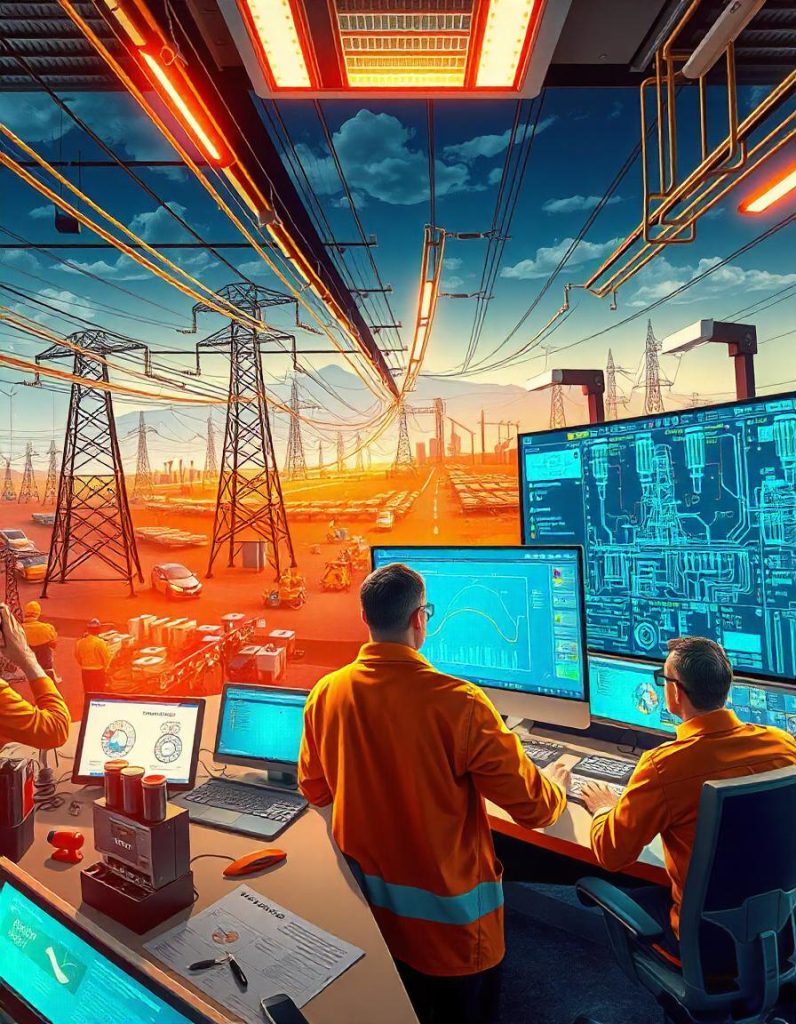
Electrical engineering focuses on the generation, transmission, distribution, and utilization of electrical power. EE professionals design, develop, and maintain electrical systems that power homes, industries, and cities.
Key Contributions of Electrical Engineers in the Power Industry
- Power Generation & Transmission: Electrical engineers work on designing and maintaining power plants, including renewable energy sources like solar and wind.
- Grid Infrastructure: They develop and improve electrical grids to ensure stable and efficient power distribution.
- High Voltage Engineering: Involves designing systems that manage and transmit electricity safely over long distances.
- Power Electronics: Engineers develop inverters, transformers, and circuit breakers that control power flow.
- Energy Efficiency & Sustainability: EE plays a vital role in designing energy-efficient systems and reducing power loss.
The Role of Computer Science in the Power Industry
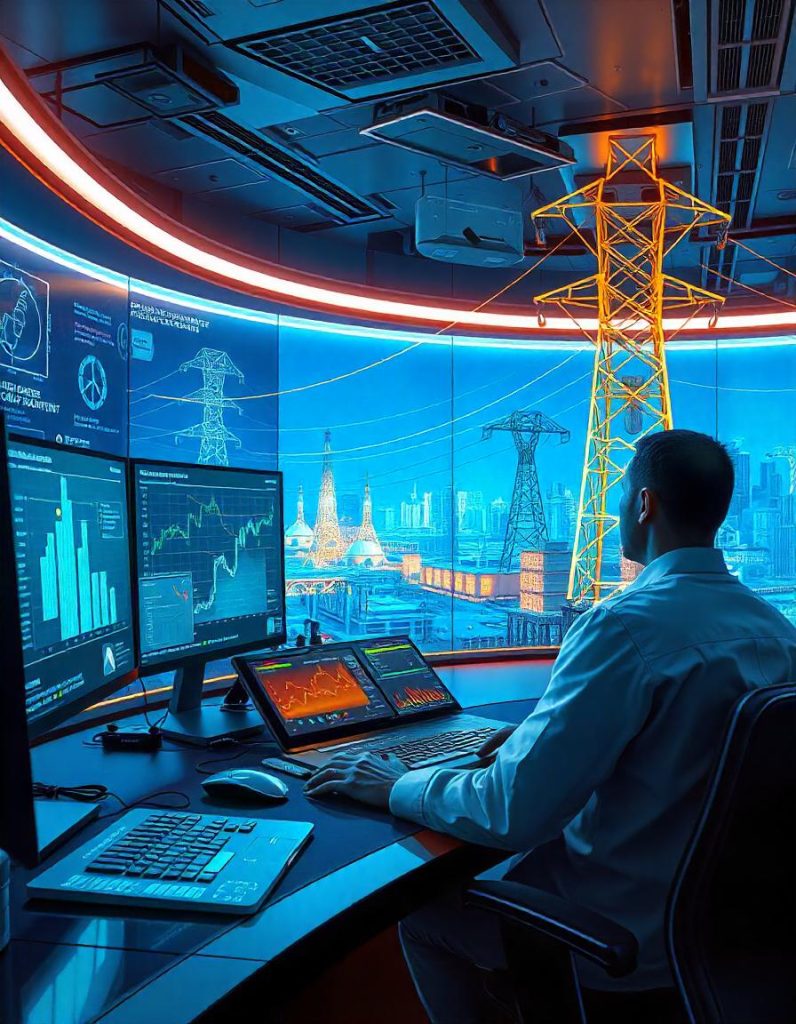
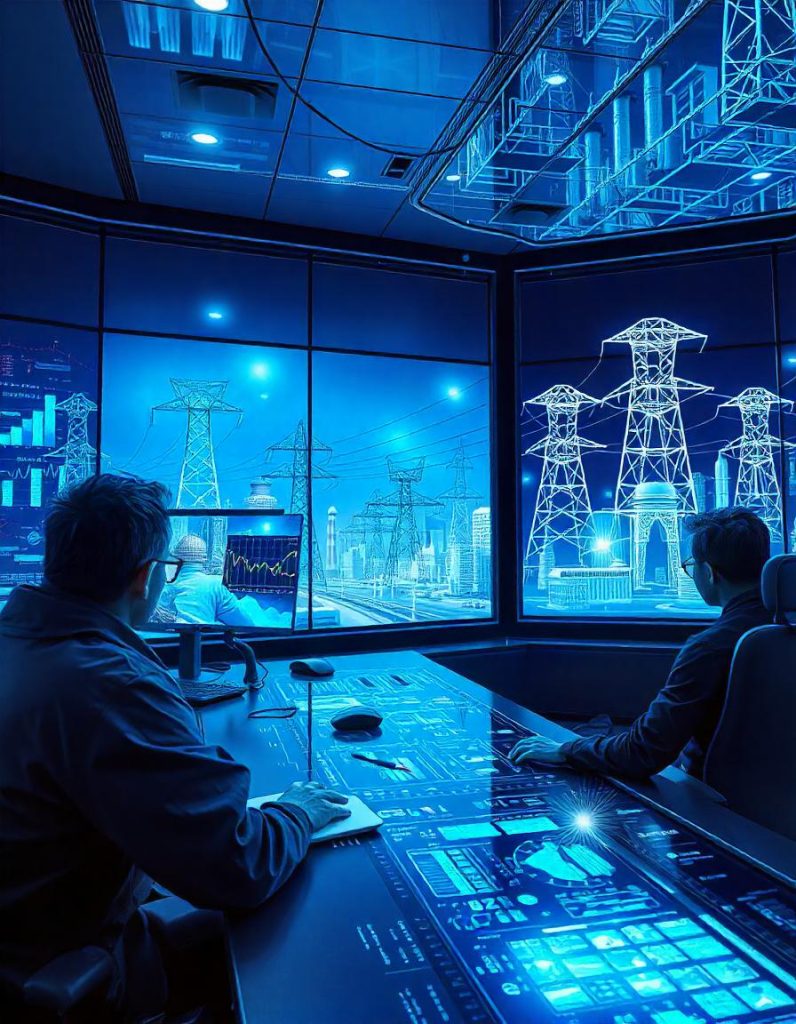
Computer science is revolutionizing the power and electricity sector by integrating artificial intelligence (AI), machine learning (ML), and big data analytics to enhance efficiency and automation.
Key Contributions of Computer Scientists in the Power Industry
- Smart Grid Technology: CS professionals develop software for smart grids, enabling real-time monitoring and automated power distribution.
- Cybersecurity: Protecting power infrastructure from cyber threats is crucial for national security.
- Automation & Control Systems: They create algorithms for self-healing grids and automated fault detection.
- Data Analytics & AI: Computer scientists analyze energy consumption patterns and predict maintenance needs using machine learning.
- IoT in Power Systems: Internet of Things (IoT) devices help monitor and optimize power usage in smart homes and industries.
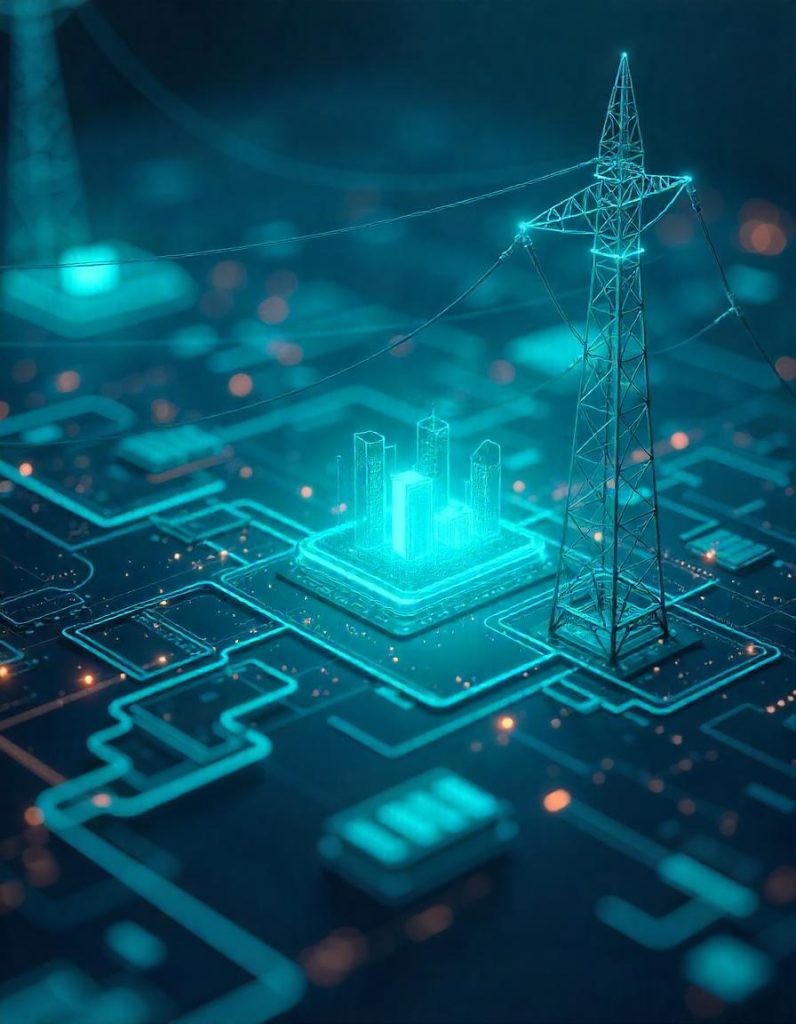

How Electrical Engineering and Computer Science Work Together
The integration of electrical engineering and computer science has led to major advancements in the electricity industry.
Key Areas of Collaboration
- Renewable Energy Management – Electrical engineers develop solar and wind energy systems, while computer scientists design software for energy prediction and optimization.
- Smart Grids & Automation – EE ensures the physical grid infrastructure is robust, while CS enables automated energy distribution.
- Embedded Systems & Power Electronics – Electrical engineers design power devices, and computer scientists develop embedded software to control them.
- Cyber-Physical Security – CS experts design secure systems for power grids, while EE professionals implement electrical safety measures.
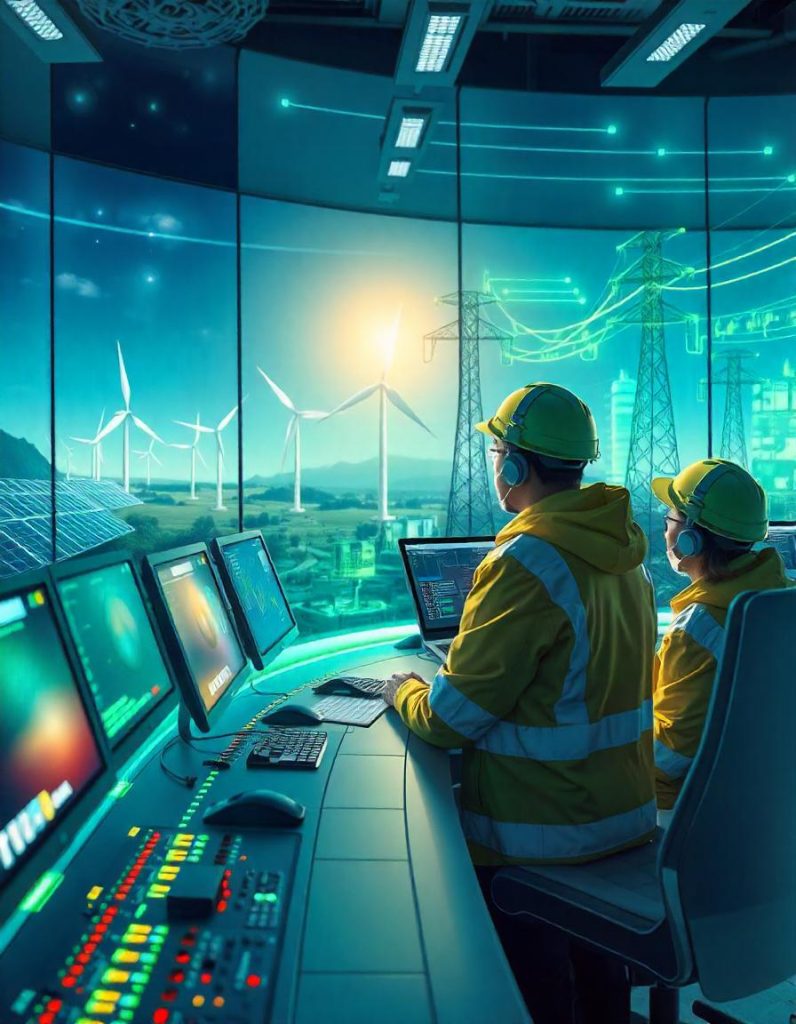

Why Electrical Engineering and Computer Science Are Essential for the Future
The growing demand for clean, efficient, and smart energy solutions makes EE and CS more important than ever. Key reasons include:
- Decentralization of Power Generation: As solar panels and wind turbines become more common, intelligent software is needed for efficient power distribution.
- Smart Cities & IoT Integration: The development of smart grids and automated energy management depends on both EE and CS expertise.
- Sustainability & Green Energy Transition: Combining electrical engineering with AI-driven analytics can optimize energy consumption and reduce carbon footprints.
- Energy Storage & Battery Technologies: Advances in energy storage systems require both electrical engineers (hardware development) and computer scientists (AI-driven battery management).



Electrical engineering and computer science are fundamental to the power and electricity industry. While electrical engineers design and maintain power infrastructure, computer scientists enhance efficiency through AI, cybersecurity, and automation. Their collaboration is shaping the future of energy, ensuring a sustainable, reliable, and intelligent power system.
By integrating these fields, we can create a smarter and more resilient energy landscape that meets the challenges of the 21st century. Whether in renewable energy, smart grids, or energy efficiency, the synergy between EE and CS will continue to drive technological advancements in the electricity sector.